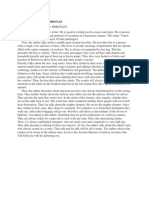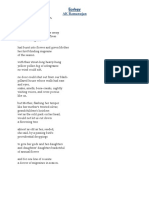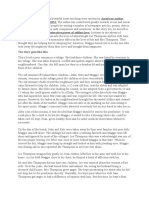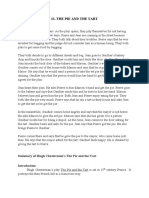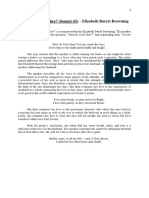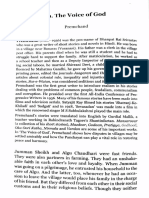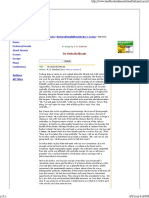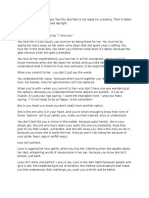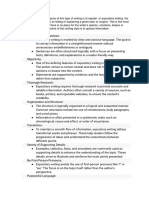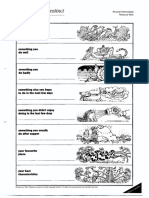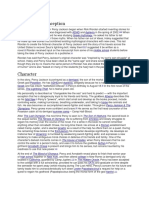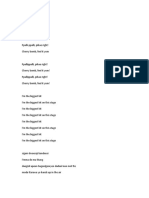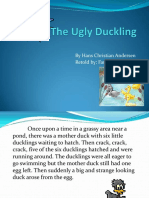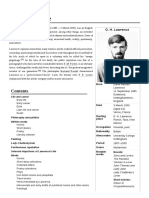100% found this document useful (1 vote)
5K views9 pagesUnit 1
This summary provides the key details about the document in 3 sentences:
The document discusses R.K. Narayan's essay explaining how headaches can be useful as excuses to avoid difficult situations or embarrassing social interactions. Narayan analyzes how headaches give people importance and how the vague term "indisposition" is used to avoid commitments. Ultimately, Narayan argues that headaches have become ingrained excuses in society due to their acceptability and ability to spare people from admitting unwillingness or discomfort.
Uploaded by
HarishmaCopyright
© © All Rights Reserved
We take content rights seriously. If you suspect this is your content, claim it here.
Available Formats
Download as DOCX, PDF, TXT or read online on Scribd
100% found this document useful (1 vote)
5K views9 pagesUnit 1
This summary provides the key details about the document in 3 sentences:
The document discusses R.K. Narayan's essay explaining how headaches can be useful as excuses to avoid difficult situations or embarrassing social interactions. Narayan analyzes how headaches give people importance and how the vague term "indisposition" is used to avoid commitments. Ultimately, Narayan argues that headaches have become ingrained excuses in society due to their acceptability and ability to spare people from admitting unwillingness or discomfort.
Uploaded by
HarishmaCopyright
© © All Rights Reserved
We take content rights seriously. If you suspect this is your content, claim it here.
Available Formats
Download as DOCX, PDF, TXT or read online on Scribd
/ 9


